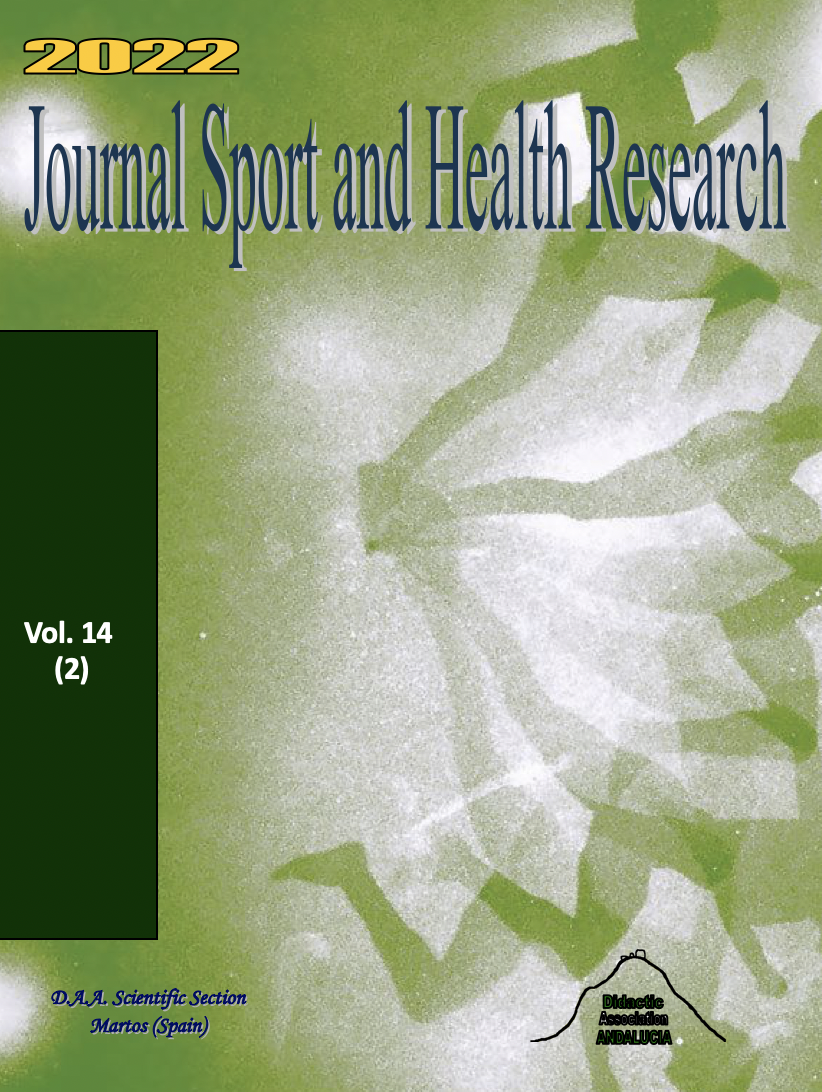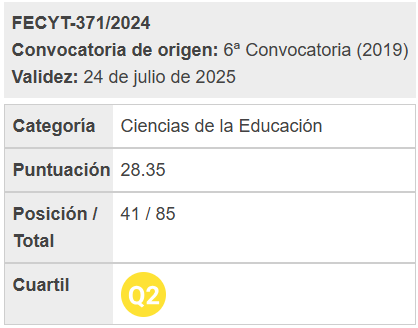CHRONOLOGICAL AGE EFFECTS ON FUCTIONAL MOVEMENT SCREENTM SCORE IN PREADOLESCENTS: A COHORT STUDY
DOI:
https://doi.org/10.58727/jshr.94697Resumen
Introduction: There is a high prevalence of "motor illiteracy" among the pediatric population. This situation can exert a negative influence on the amount and quality of physical activity, as well as the development of subsequent physical condition. The quality of movement can be known by applying the Functional Movement Screen (FMSTM). However, there are few studies using FMSTM in preadolescent population.
Objective: Therefore, the objective of the present study was to examine the scores obtained with the FMSTM by subgroups in preadolescents.
Methods: FMSTM was administered according to standard procedures which consist in seven movements and scores (0-3) of each exercise were recorded in 213 preadolescents (13.47±1.9 years). The sample was divided by quartiles of age for analysis [(Q1 N = 53, from 0 to 11.79 years); (Q2 N = 54, from 11.79 to 13.59 years); (Q3 N = 53, from 13.59 to 14.91 years); (Q4 N = 53 over 14 years old).
Results: There are differences in the final score between Q1 vs Q3 and Q1 vs Q4 (p <0.05). In the in line lunge the score differences obtained by Q4 are higher than Q1 (-0.58, p≤ 0.001) and Q2 (-0.65, p≤ 0.001). In trunk stability Q4 gets a score higher than Q1 (-0.88) (p≤ 0.001). In leg raising, Q1 scored lower (p <0.05) than Q4 (-0.45).
Conclusions: Chronological age can influence the ability to move and the scores on in line lunge, trunk stability and leg raising tests in preadolescents. In addition, Q4 scores better than Q1 and could be associated with the maturational status.





